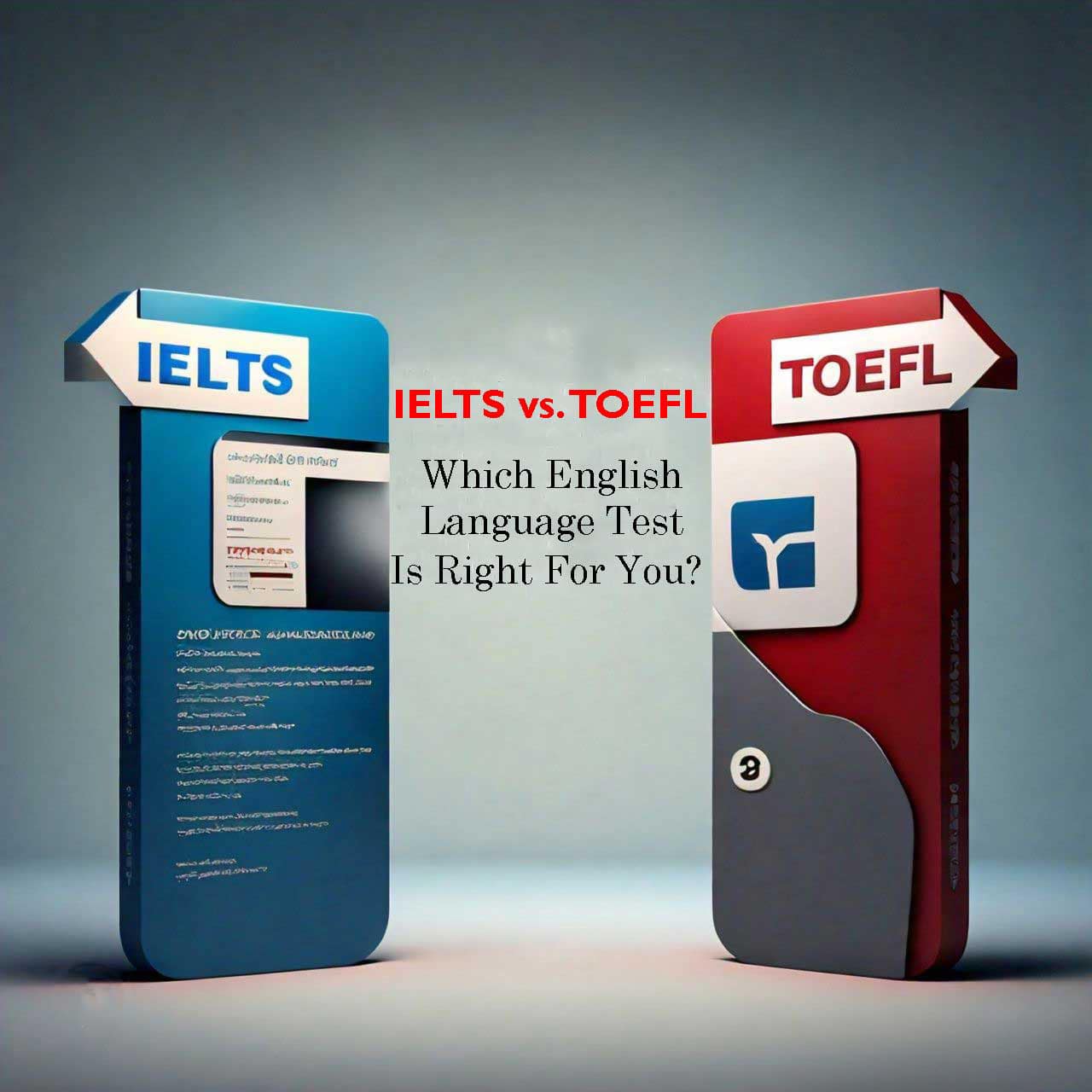In the globalized world we live in today, proficiency in the English language is often a prerequisite for academic and professional success. For non-native English speakers looking to study or work in an English-speaking environment, demonstrating their language proficiency through standardized tests is essential. Among the most widely recognized and accepted English language tests are the International English Language Testing System (IELTS) and the Test of English as a Foreign Language (TOEFL). But with two major options available, how do you decide which one is right for you?
Table of Contents
Understanding IELTS
The International English Language Testing System, commonly known as IELTS, is jointly managed by the British Council, IDP: IELTS Australia, and Cambridge Assessment English. It assesses the English language proficiency of candidates who need to study or work where English is used as the language of communication. IELTS is recognized by universities, employers, and immigration authorities in many countries, including the UK, Australia, Canada, and New Zealand.
IELTS offers two versions of the test: Academic and General Training. The Academic version is suitable for those applying for higher education or professional registration in an English-speaking environment, while the General Training version is intended for those migrating to English-speaking countries for secondary education, work experience, or training programs.
Exploring TOEFL
The Test of English as a Foreign Language, or TOEFL, is administered by the Educational Testing Service (ETS). It evaluates the English proficiency of non-native English speakers primarily seeking to enroll in universities and colleges where English is the medium of instruction, particularly in the United States and Canada. However, TOEFL scores are also accepted in other English-speaking countries and institutions worldwide.
TOEFL offers two main formats: the TOEFL iBT (Internet-based Test) and the TOEFL PBT (Paper-based Test). The iBT is more commonly taken and is administered online, while the PBT is offered in areas where internet testing is not available. The TOEFL iBT assesses the four language skills—reading, listening, speaking, and writing—through integrated tasks that simulate real-life academic situations.
Key Differences
1. Test Format: One of the primary distinctions between IELTS and TOEFL is the test format. While IELTS offers a paper-based option for its Academic version, TOEFL is primarily administered online, with the iBT being the more popular format.
2. Accent Variation: Another notable difference is in the accents used in the listening sections. TOEFL primarily uses North American accents, while IELTS incorporates a variety of accents, including British, Australian, Canadian, and American.
3. Speaking Section: The speaking section in IELTS is a face-to-face interview with an examiner, allowing for a more interactive experience. In contrast, the TOEFL speaking section is recorded and evaluated by raters later.
4. Scoring System: IELTS provides a band score ranging from 0 to 9 for each section and an overall band score, whereas TOEFL iBT scores range from 0 to 30 for each section, with a total score of 0 to 120.
Choosing the Right Test
When deciding between IELTS and TOEFL, consider the following factors:
1. Destination: Research the requirements of the universities or organizations you are applying to, as some institutions may prefer one test over the other.
2. Test Format: Assess your comfort level with the test format, including the speaking section delivery and listening accents.
3. Preparation Resources: Explore the availability of preparation materials and courses for each test to ensure you can adequately prepare.
4. Personal Preference: Ultimately, choose the test that aligns best with your preferences and strengths.
Conclusion
Both IELTS and TOEFL are reputable English language tests that assess proficiency in listening, reading, writing, and speaking. The choice between the two depends on various factors, including destination country, test format, and personal preference. By understanding the differences between the two tests and considering your individual circumstances, you can make an informed decision that sets you on the path to achieving your academic or professional goals in an English-speaking environment.



